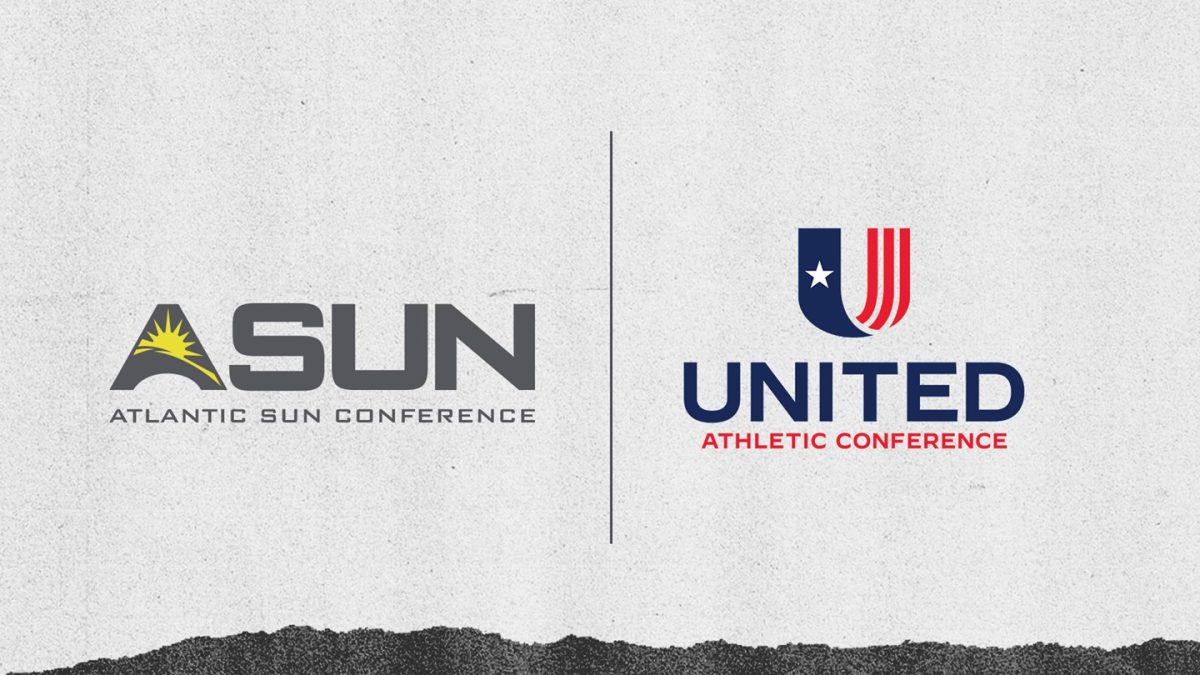I hope you enjoyed your Spring Break, dear reader. I certainly did. No rushing to class, no parking struggles, no homework – none of that business. But you’d better not get used to vacation time if you plan on working in the States.
In the richest country in the world, there is no right to any vacation time whatsoever – paid annual leave and paid holidays are optional for employers – and it seems the once 40-hour workweek has transformed into an astute 60-hour workweek.
According to a 2007 report for the Center for Economic and Policy Research “No-Vacation Nation,” there are between 20 to 35 vacation days per year in most other wealthy nations. Americans are only offered an average of 13 vacation days per year.
With little contrition, only 57 percent of American workers take their full vacation time, the report said. The rest often fear losing their jobs or not being able to keep up with their workload.
In Russia, they have an expression: “You’re working like an American.”
Let’s face it, Americans are work-a-holics, and vacation time is only the tip of the iceberg.
Recently, we’ve seen heated debates over the relative compensation of public- and private- sector workers, with arguments that the latter have been forced unfairly to foot the bill for generous benefit packages enjoyed by the former.
But data from the Economic Policy Institute shows compensation for state and local government employees rose only slightly more than that of their private-sector counterparts. More important, productivity gains were next to nothing.
In sum, arguing about private vs. public is superfluous because over the last 20 years, employers – whether private companies or governments – have been reaping the benefits over employees in terms of how profits are allocated.
Americans will continue to work themselves stupid, and there are a number of reasons why. You can read what EPI thinks at epi.org, but I think this work-a-holism has much to do with our dependence — borderline obsession — with technology.
Technology, with all its advantages, never ceases to deny us our precious sovereignty to be unavailable or uninformed.
Albert Einstein said, decades ago, mind you, “It has become appallingly clear that our technology has surpassed our humanity.”
We are always expected to be available or online. It used to be, when you left the office, you were free. Not no mo’, though.
Now, with two smart phones in your pocket, an iPad and a laptop and home computer, you’re trapped.
Can’t make it to the meeting, you say? No problem, the companies have your gotomeeting.com account ready. Log on, chump.
It’s the way we like it here in America: the mentality that if you keep working your ass off and don’t rock the boat, maybe, someday, you can become a rich, pretentious executive like Donald Trump.
As a journalist, this zealous rat race affects me quite a bit. News has become incredibly instantaneous, for better or for worse.
Competition is fierce. In fact, that’s all I’m learning about in my classes. All I foresee in my future is working hard for free or the bare minimum. Take a vacation? Are you kidding? That’d be career suicide – can’t risk it.
Like many Americans, I’ve acquired expensive tastes – you should see how much the beer I drink costs. But I also need time to enjoy life: carpe diem. And if that means having less, I think I can learn to live with that. Remember fun?
I’m aware not everyone agrees with my laid-back perception. Some of you want to build an empire – good luck with that. But I’ve read enough books and seen enough movies to be skeptical of that lifestyle.
Speaking of movies, during the break, I caught a scene from “Star Trek: First Contact,” in which Captain Jean-Luc Picard explains the allocation of wealth in the 24th Century to a character from the 20th Century.
“The economics of the future is somewhat different,” Picard said. “You see, money doesn’t exist in the 24th Century. We work to better ourselves and the rest of humanity.”
I began to think to myself, “My, what a noble existence.” Then, the phone rang.















